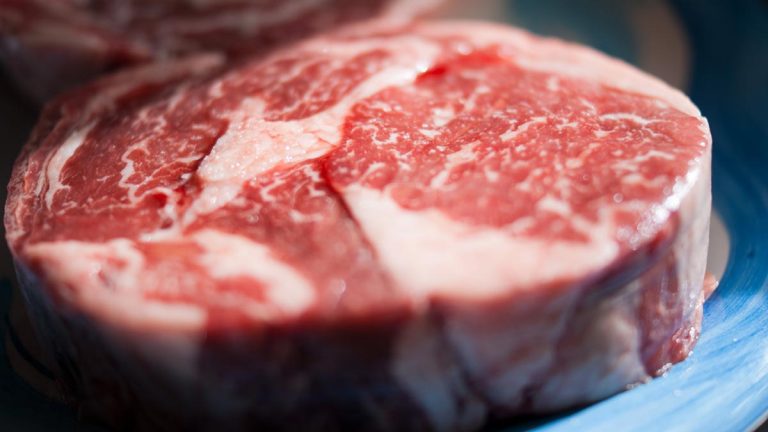If there’s one thing we can all agree on, it’s that meat is delicious and nutritious. Okay, maybe the vegetarians will disagree on the “nutritious” part, but even they have to admit it tastes good. I have a lifelong vegetarian friend who likes bacon, so I consider that point proven. Let’s move on.
But the fun-spoiling United Nations isn’t happy. Recently, they got together to discuss a proposal for a tax on meat producers and sellers, in order to decrease worldwide demand for meat by artificially raising the price. And to no one’s surprise, the Washington Post followed suit with an accompanying article titled, “Meat is horrible.” Their reasoning is that livestock produces a lot of carbon dioxide, and carbon dioxide is apparently a terrible poison if you believe the hysterical global warming alarmists.
Where to begin? I guess we should start with questioning the wisdom of using the tax code for social engineering in the first place. America’s tax system was designed with one purpose in mind, to raise revenue to fund the government. As odious as that goal is, it’s worlds better than trying to use punitive taxes to change people’s behavior. For one thing, it’s counterproductive from a revenue standpoint, because if people do as they’re told and stop consuming meat, no one will be paying the tax, and the revenue gains will be negligible. Whereas is people ignore the tax and buy meat anyway, the stated goal will have failed, and the government will simply be soaking the population for more money, which is a dishonest and cynical approach to tax policy.
Economists frequently labor under the delusion that they can derive demand curves, solve optimization problems, and figure out the tax that will produce the “optimum” level of meat consumption. This is a fantasy. You don’t know beforehand how people will react to a tax, because individuals have free will to make decisions that we can’t predict with any real accuracy. It’s probable that people will eat “less” meat if the cost is higher, but no one can say precisely how much less, making the idea of optimization a ludicrous impossibility.
Now, let’s move on to some of the specific claims made by these UN meddlers.
Claim: Livestock produce lots of CO2.
Yes, they do. Do you know what else produces lots of CO2? Humans. If you want less livestock to reduce CO2 levels, it follows that you want less humans also. Lest this sound like hyperbole, there are a large number of noted figures in the environmentalist movement who have praised infectious diseases like AIDS and Smallpox for keeping populations down, and described humans as “a plague on the Earth.”
Be honest, environmentalists. All your supposed concerns about the planet and sustainability are really based on a hatred for your own species, and a desire to see us less prosperous and less happy.
Oh, and it also turns out that increased CO2 levels result in greener, lusher plant growth across the planet. And since plants take in CO2 and emit oxygen, it’s almost like the Earth has some kind of self-regulating system in place to account for variable gas levels. Weird, huh?
Claim: Plant-based diets are more sustainable than meat-based ones.
For this claim, the UN points to the fact that animals use more water than plants per calorie. Okay, fine, but that’s not the end of the story. Animals actually play a crucial role in farming sustainability, with the grazing and fertilization they provide helping keep soil in good condition for agriculture.
Additionally, relying more heavily on vegetarian staples like soybeans has it’s own set of problems. Soy is pretty bad for the soil in which it’s grown, and its mass cultivation worldwide is destroying the Brazilian rainforest, and damaging 80 million acres of American farmland. If we were to completely eliminate meat from our diets, think how much more soy we’d have to grow, and the consequences to arable land both here and abroad.
Conclusion
As your mother used to say when you wouldn’t finish your dinner, there are starving people in the world. The idea that an international body supposedly devoted to peace and prosperity would actually disincentivize food production with a punitive tax is unforgivable. Apart from the specious scientific claims that eating meat is going to destroy the planet, the very notion that these bureaucrats have any business telling us, and particularly poor people who depend on meat production to live, how to eat, is downright immoral. Now if you’ll excuse me, I think my steak is about ready.
This article originally appeared on Conservative Review.














Add comment